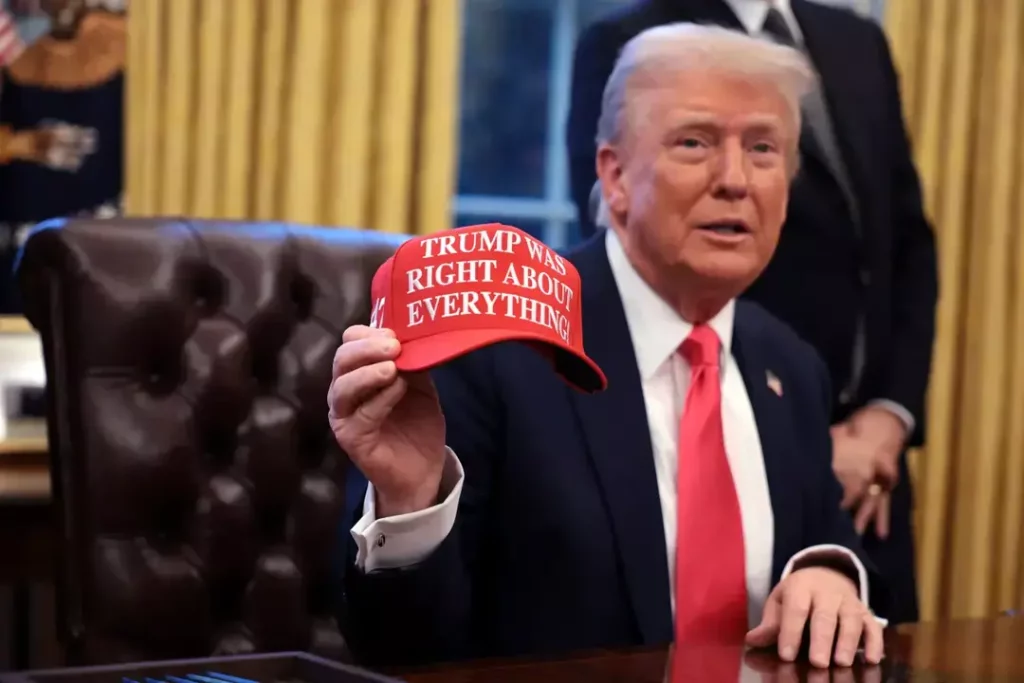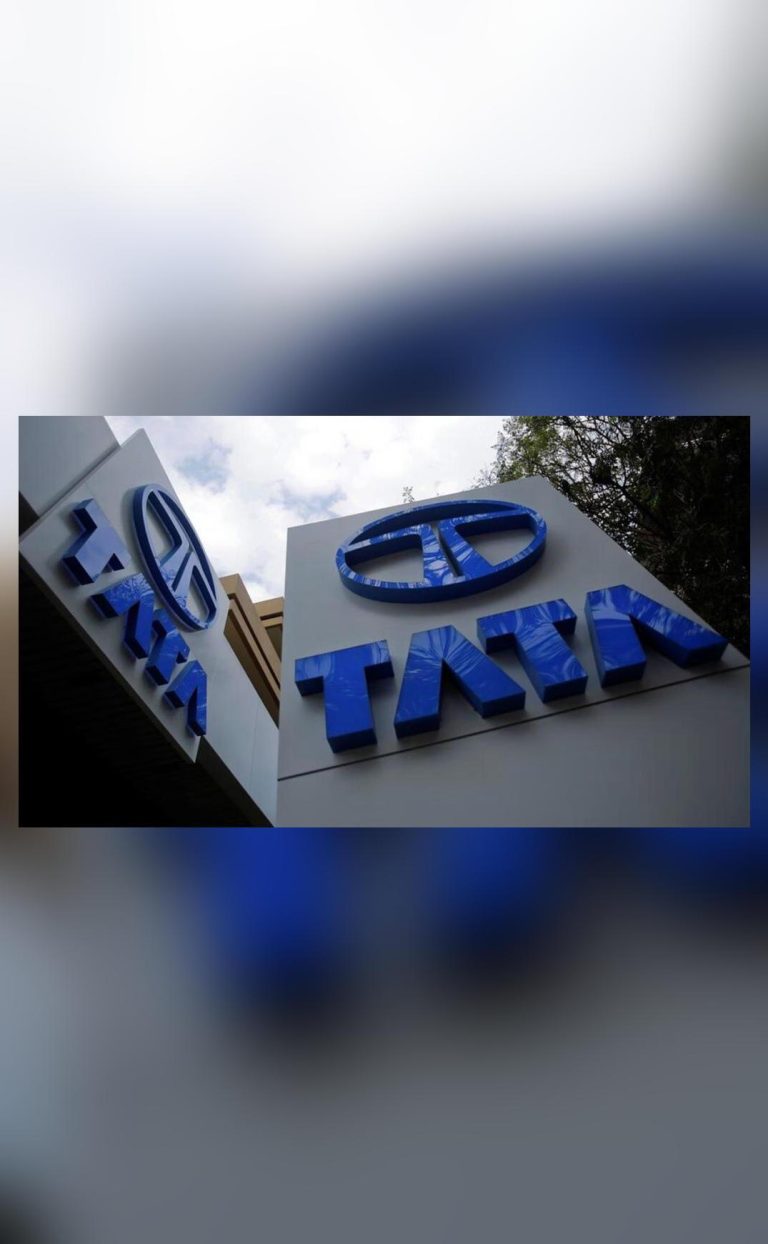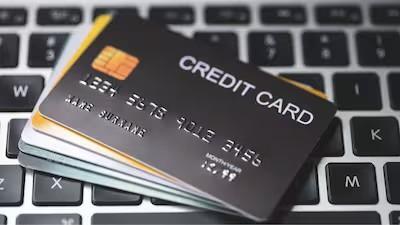
Trump Organisation Sues Sellers Over Fake Goods on Major Platforms
The Trump Organisation, the business empire of former US President Donald Trump, has taken legal action against online merchants for selling counterfeit Trump-branded items on popular e-commerce platforms such as Amazon, eBay, and Walmart. The lawsuit alleges that these sellers have used the Trump Organisation’s trademarks without authorisation, causing confusion among consumers.
The Trump Organisation, which has its own online store where it sells official merchandise, has filed a lawsuit in the US District Court in the Southern District of New York seeking to shut down the accounts of these counterfeit sellers and destroy the fake goods. The company is seeking damages and restitution for the alleged trademark infringement.
According to the lawsuit, the counterfeit sellers have been offering a range of fake Trump-branded items, including clothing, accessories, and home goods, on the three major e-commerce platforms. The Trump Organisation claims that these sellers have been using its trademarks, including the iconic “Trump” logo and slogans such as “Make America Great Again,” without permission.
The lawsuit alleges that the counterfeit goods are not only illegal but also harmful to the Trump Organisation’s reputation and business. “The use of our trademarks without permission causes consumer confusion and dilutes the value of our brand,” said a spokesperson for the Trump Organisation.
The Trump Organisation has been fighting against counterfeiters for years, and this latest lawsuit is just the latest chapter in that battle. In 2020, the company filed a lawsuit against a Chinese company that was selling fake Trump-branded goods on Alibaba’s e-commerce platform.
The Trump Organisation is not the only high-profile company to take action against counterfeiters. Many other major brands, including fashion companies like Louis Vuitton and Gucci, have also been fighting against counterfeiters in recent years.
The sale of counterfeit goods is a significant problem in the global e-commerce industry. According to the International Trademark Association, the global counterfeit market is estimated to be worth over $1 trillion annually. Counterfeit goods not only harm the brands that are being copied but also pose a risk to consumers, who may unknowingly purchase fake or dangerous products.
In recent years, e-commerce platforms like Amazon and eBay have taken steps to combat counterfeiting on their platforms. Both companies have implemented policies and procedures to help prevent the sale of counterfeit goods, and they have also taken legal action against sellers who violate those policies.
Amazon, for example, has a “Counterfeit Crimes Unit” that works to identify and prosecute counterfeiters. The company has also implemented a number of technical measures to help prevent the sale of counterfeit goods, including using machine learning algorithms to detect suspicious activity.
eBay, meanwhile, has a “VeRO” program that allows brands to report and remove listings that violate their intellectual property rights. The company also uses machine learning algorithms to detect and prevent the sale of counterfeit goods.
Walmart, which is also named as a defendant in the lawsuit, has a policy of not allowing the sale of counterfeit goods on its platform. The company has also implemented a number of measures to help prevent the sale of counterfeit goods, including using machine learning algorithms to detect suspicious activity.
The Trump Organisation’s lawsuit is just the latest example of the ongoing battle against counterfeiting in the e-commerce industry. As the global e-commerce market continues to grow, the problem of counterfeit goods is likely to remain a significant challenge for brands and e-commerce platforms alike.






